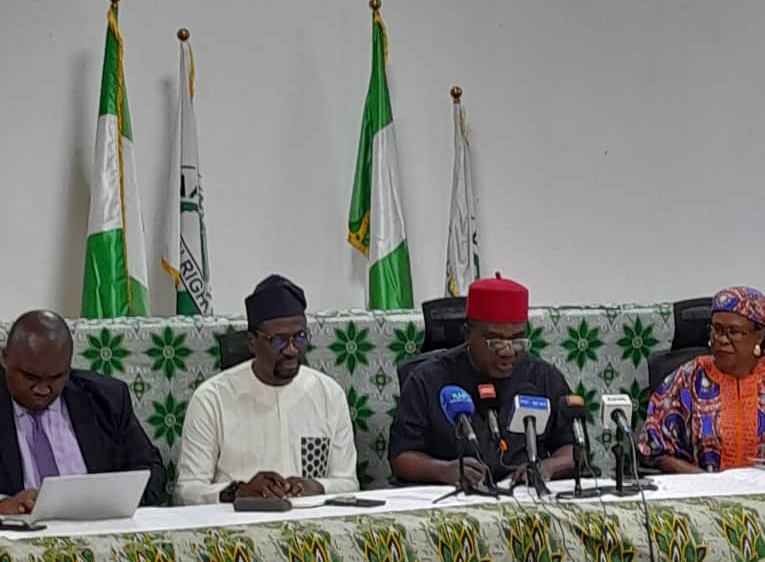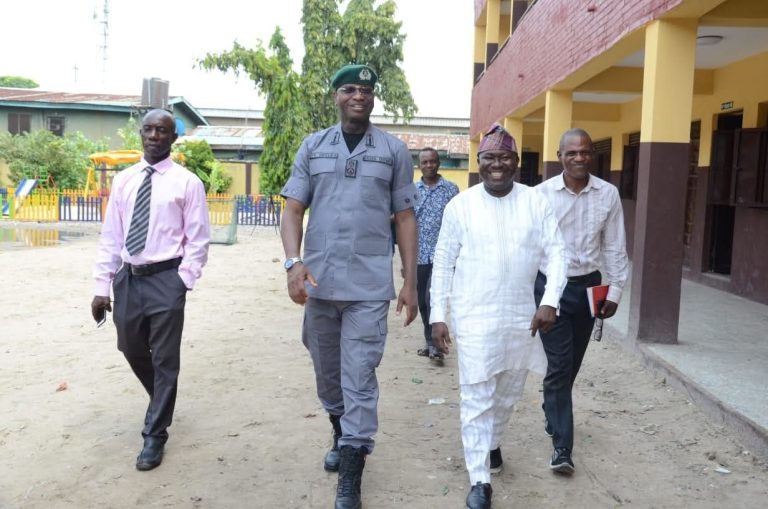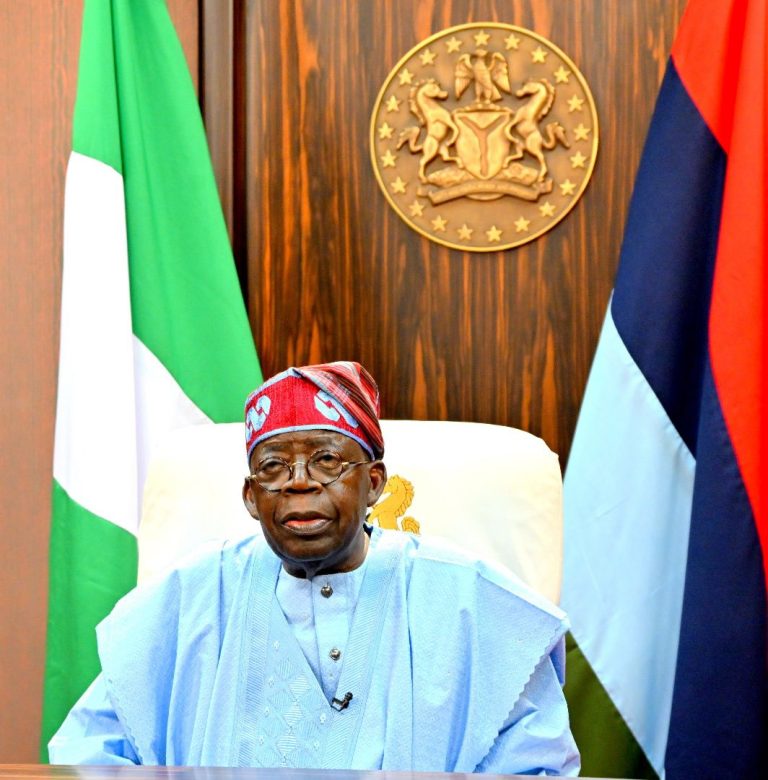
By Odimmegwa Johnpeter, Abuja
The National Human Rights Commission (NHRC) has reiterated its readiness to prosecute law enforcement agencies who violate human rights. The Executive Secretary, National Human Rights Commission, Dr. Tony Ojukwu, OFR, SAN, stated this in his speech while presenting the 2024 May Edition of the monthly Human Rights Dasboard in Abuja. According to Ojukwu, the dashboard stands as a testament to the Commission’s commitment to transparency, accountability, and the protection of human rights in Nigeria.
His words: “Over the past months, our teams in Abuja and across the 36 states have worked tirelessly to compile and analyse data from complaints received at the Commission and unreported human rights violations monitored across the country. These analyses not only shed light on the state of human rights in our nation but also serve as a record of our progress and a guide for future action.
This month’s edition features 55,218 complaints received by the Commission with violations against state actors topping the chart. The violations recorded in the month of May impacted an estimated 157,368 persons across the country based on our Victim Impact Analysis. This is a distressing indication that despite our efforts, there are still instances where those entrusted with upholding the law become violators of human rights. We must emphasize the importance of accountability and the reasonable use of force by law enforcement agencies. While it is essential to maintain law and order, it must be done in a manner that respects the dignity and rights of every individual. Any abuse of power or excessive force must be met with swift and impartial justice. “
The Executive Secretary also stated: “Furthermore, we have observed a troubling increase in violations of economic, social, and cultural rights. These rights are the bedrock of human dignity and well-being, yet they continue to be disregarded in many parts of our country. As we analyze the data presented in this dashboard, let us not lose sight of the real people behind these statistics—individuals and families who are struggling to access basic necessities such as food, shelter, and healthcare.
It is incumbent upon the government to take concrete steps to address these violations and ensure that all citizens can enjoy their economic, social, and cultural rights without discrimination or impediment. This includes implementing policies that promote equitable access to education, healthcare, housing, and employment opportunities. “
According to Ojukwu, “The month under review also witnesses significant and troublesome escalation in the activities of non-state armed groups across the country. Our Human Rights Observatory recorded 298 killings and 360 abductions largely attributed to terrorists and bandit groups. The north west continues to be a region of concern for us in this regard. We continue to see the worrisome trends of killings of men of our armed forces and the Police. This, for us, constitutes a threat to security and the defence of human rights, and we continue to call on all relevant authorities at state and national levels to stem this tide
“One of the fundamental principles of democracy is the protection of human rights for all individuals, regardless of their ethnicity, religion, gender, or social status. As such, it is incumbent upon us, as the guardians of human rights in Nigeria, to remain vigilant and proactive in our efforts to safeguard these rights.
Ladies and gentlemen, permit to reiterate that as a Commission, our work does not end with the publication of this dashboard. It is merely a tool, a starting point for further action. We must continue to collaborate with government agencies, policy makers, civil society organizations, and international partners to address the root causes of human rights violations and promote a culture of respect for human dignity and equality.
“I would like to take this opportunity to express my sincere appreciation to all those who have contributed to this process — our staff across all states, our partners, the media, and all other stakeholders. Your dedication and commitment to the cause of human rights are truly commendable, and I am confident that together, we can bring about positive change in the lives of millions of Nigerians. I also want to thank our partners, the United Nations Development Programme and the Office of the High Commissioner for Human Rights, for their invaluable support.
In conclusion, let us remember that the protection of human rights is not just a legal obligation. It is a moral imperative. It is our collective responsibility to ensure that every individual in Nigeria can live a life of dignity, freedom, and equality.”
The General Human Rights situation of the 2024 May human rights dashboard presented by Mr. Hillary Ogbonna, Project Coordinator and Special Adviser to the Executive Secretary, noted that human rights complaints to the NHRC continue to witness astronomical rise: Mass killings and abductions are at the highest levels for the year; Arrest and Prolonged detention of Journalists; Killing of law enforcement and members of the Armed Forces; Rise in cases of violence against children and minors; Economic reforms impacting on the enjoyment of human rights.
From the 2024 May Edition of the dashboard, the total number of complaints is 55,218. Out of this total number, the co.plaint against state actors is 31,288, domestic violence-7531, violation of Children’s rights-3560, Against Private Sector Actors-346, ESCR-2657, Rights to life-357, Persons with disabilities-58, Others-1542, Referred Complaints-640. Again, the May 2024 complaints across geopolitical zones indicate that the highest number of complaints was from the North East Geopolitical zone while the South East and the South South records the lowest number of complaints.
Also, in May 2024 report, the main violator of human rights is the Nigerian Police while the least violator is the Nigerian military. The report also indicated that the main violator of children’s rights is child abandonment, while the least is child marriage. According to the May 2024 report, the state of focus with regard to human rights violations are Niger, Abia, Plateau, and Kaduna.



